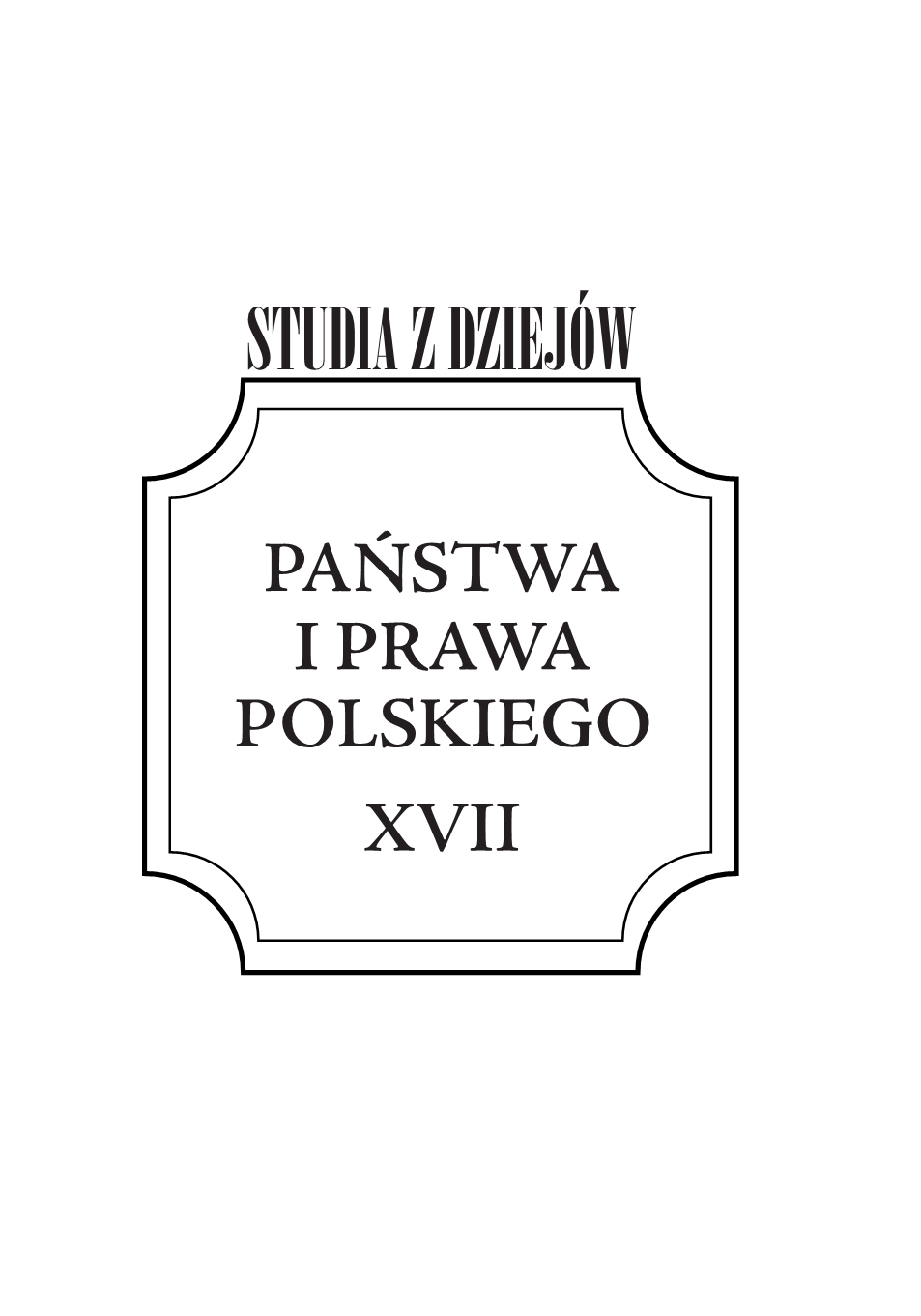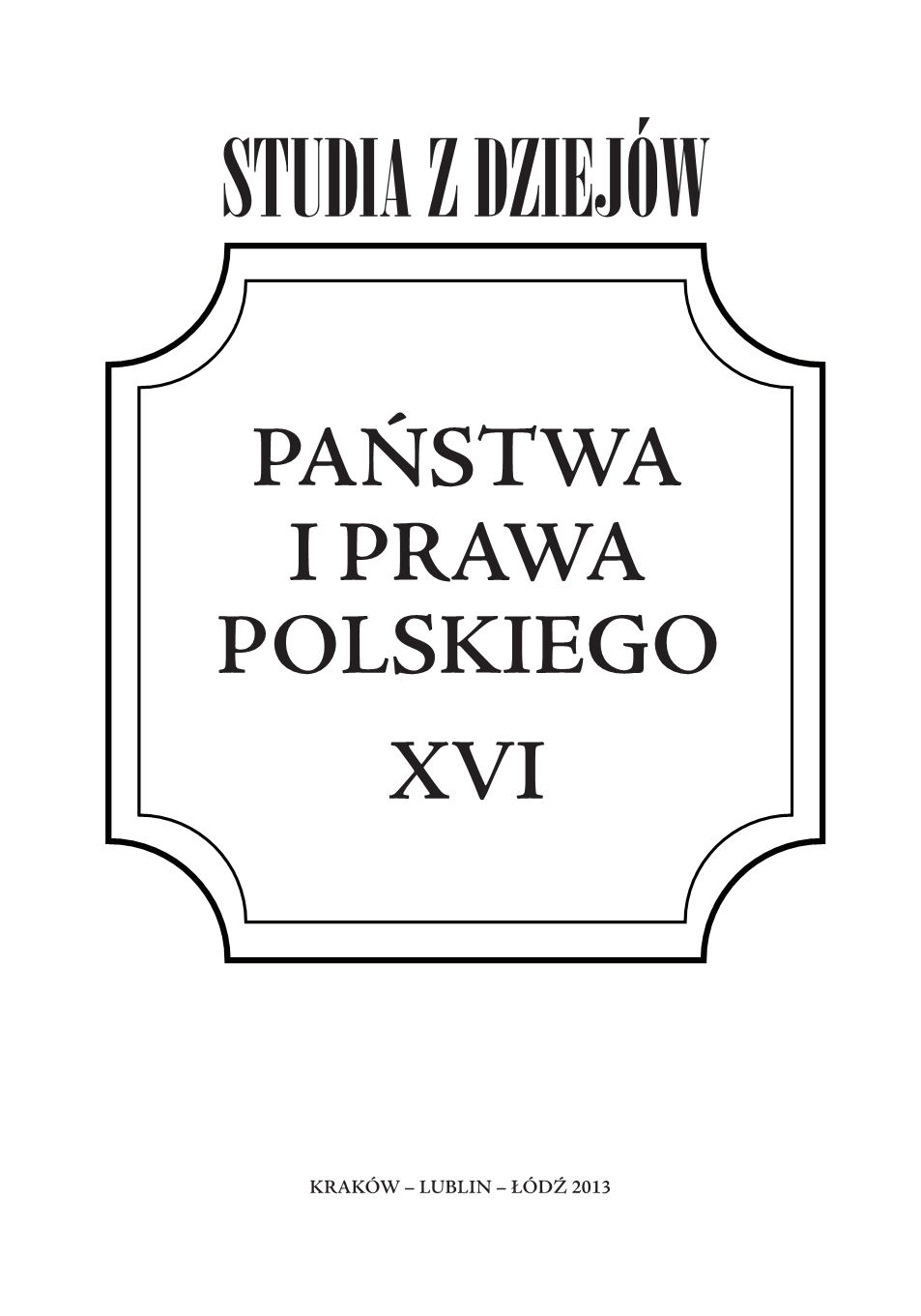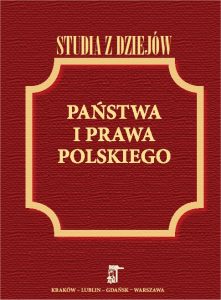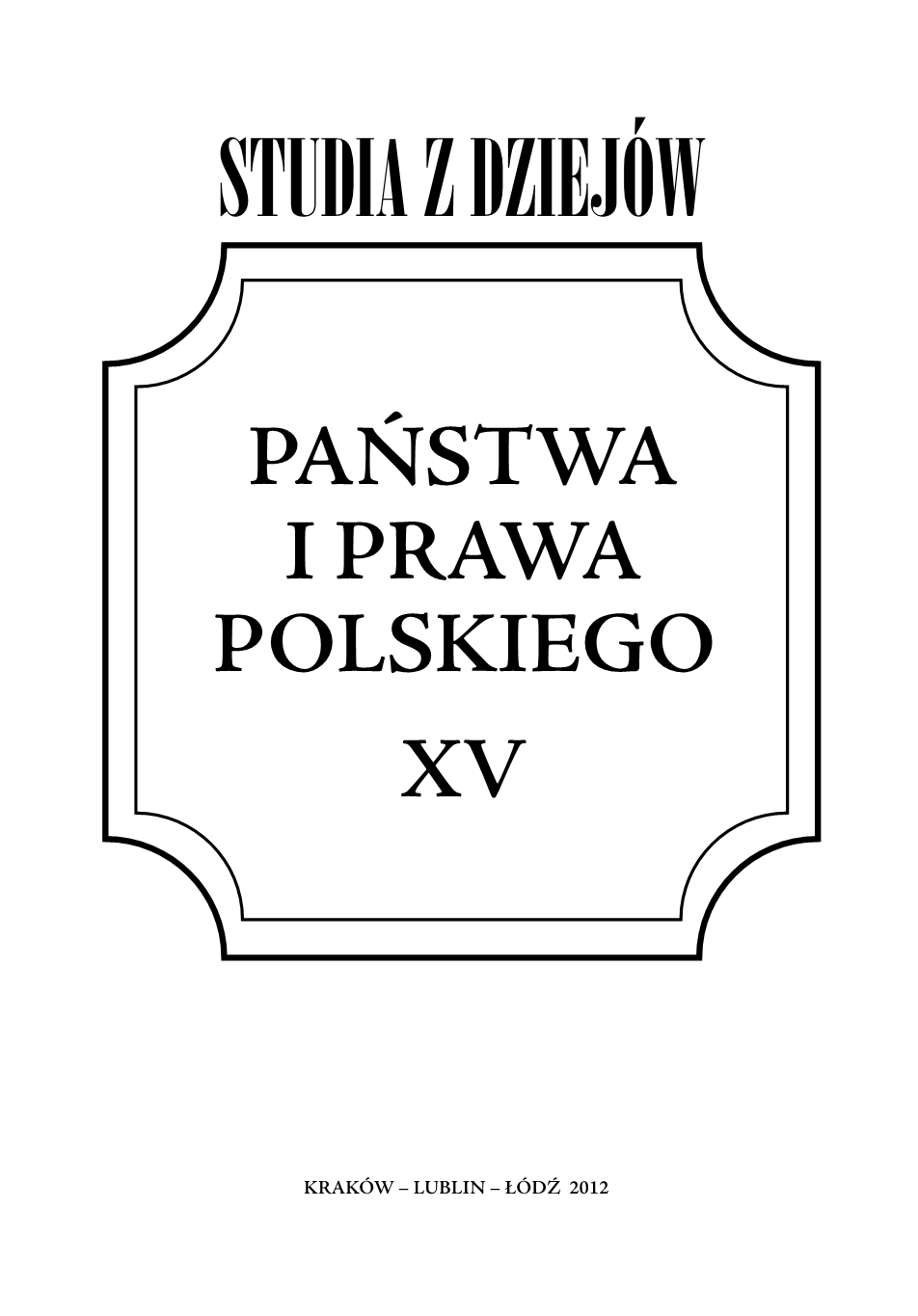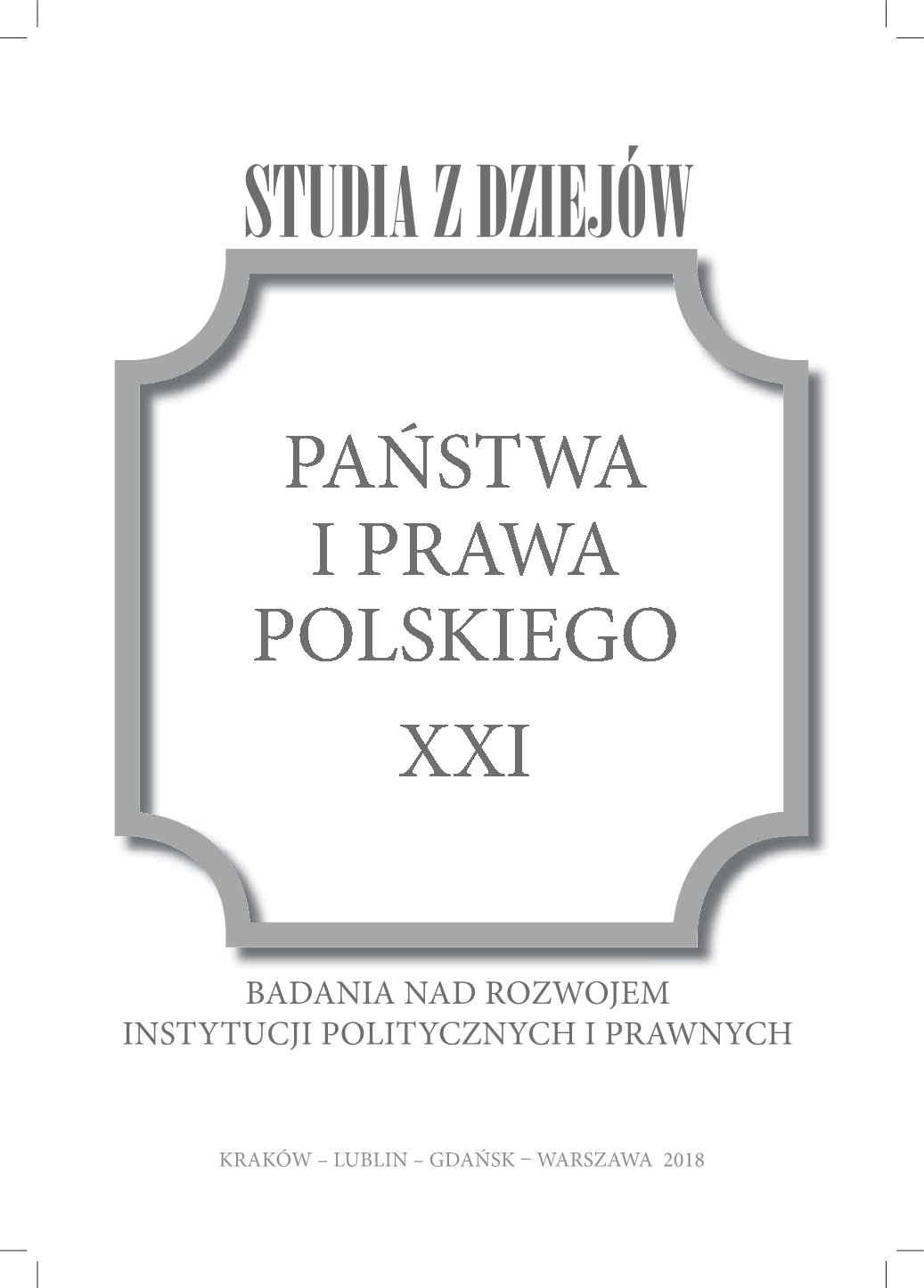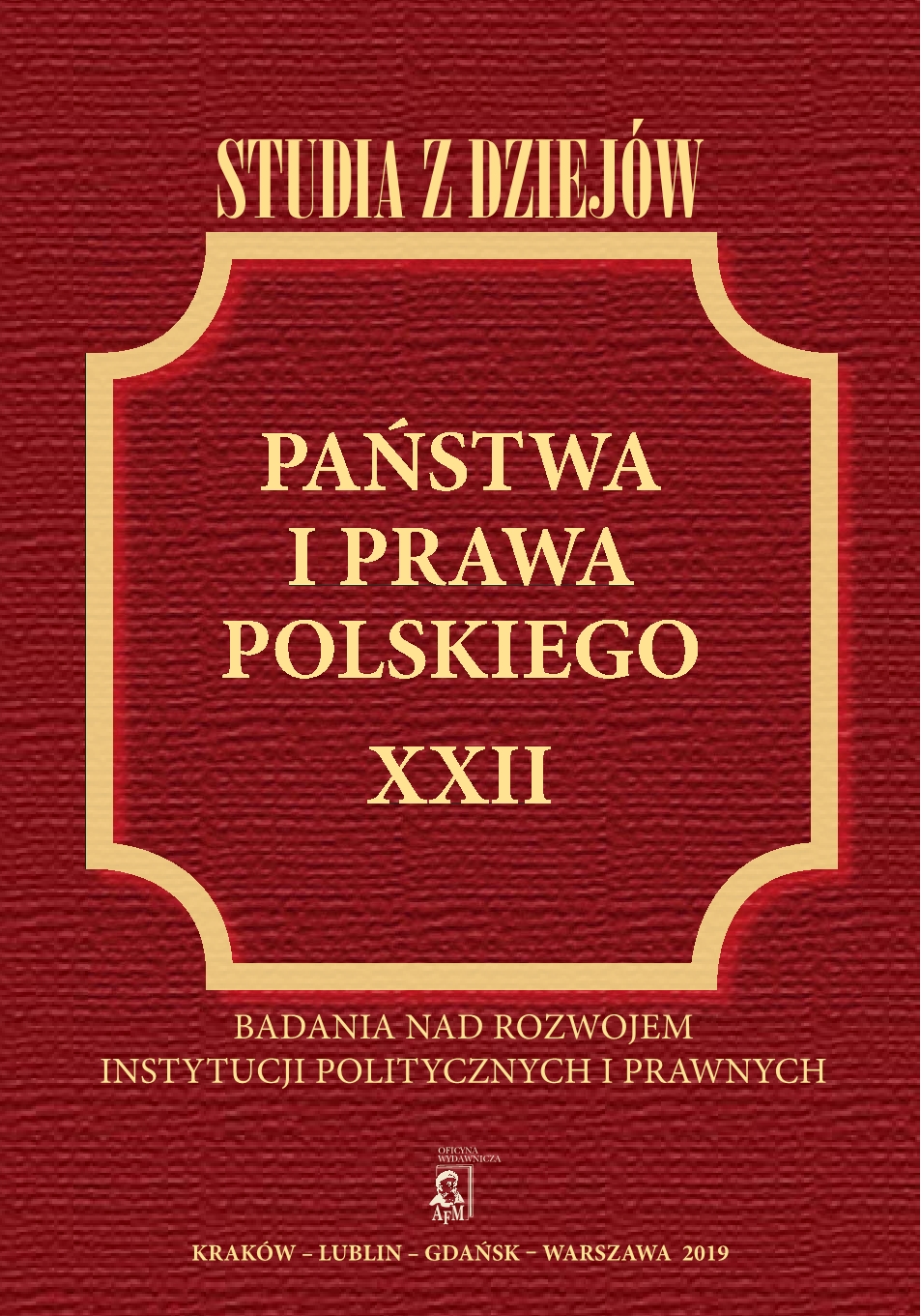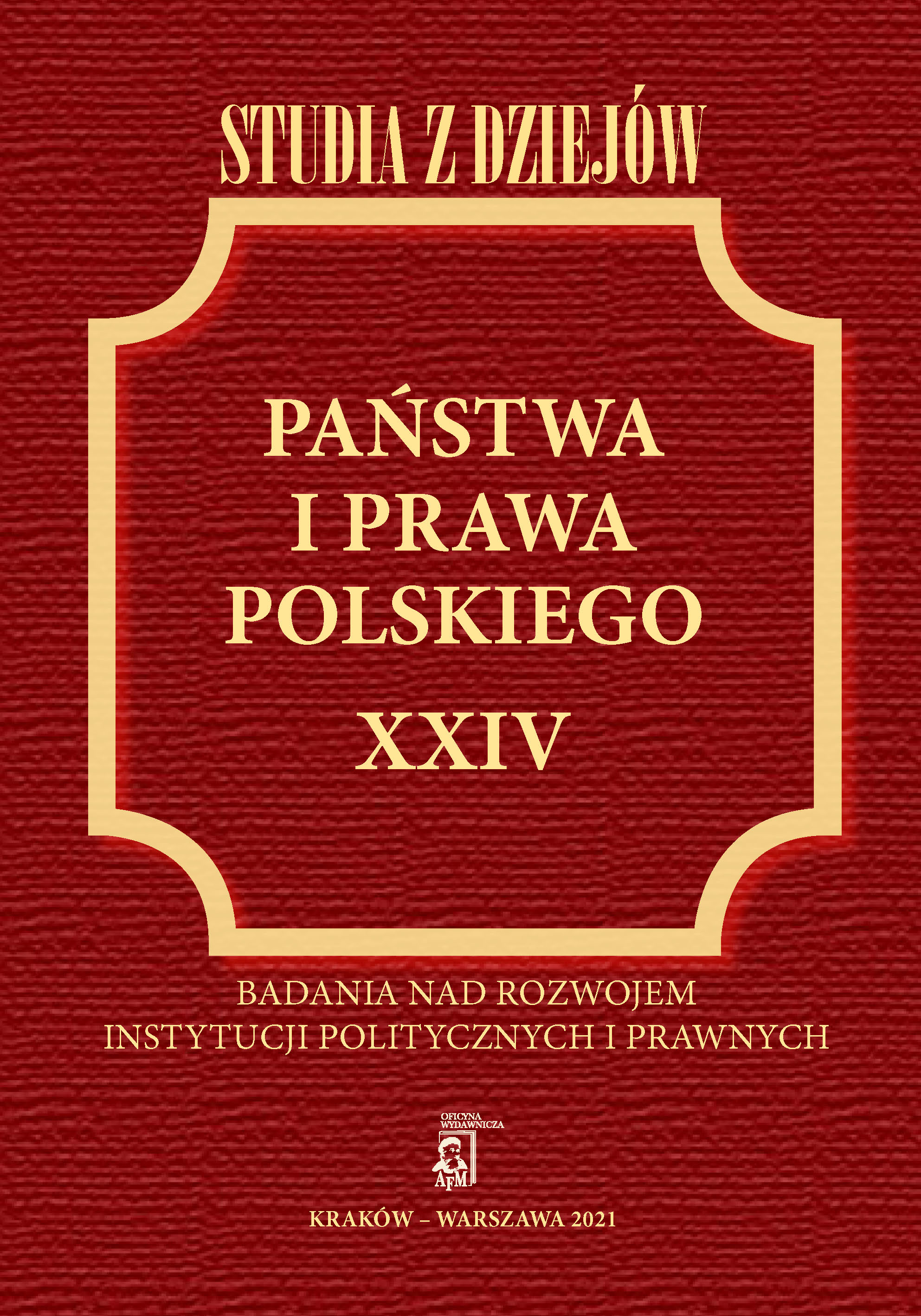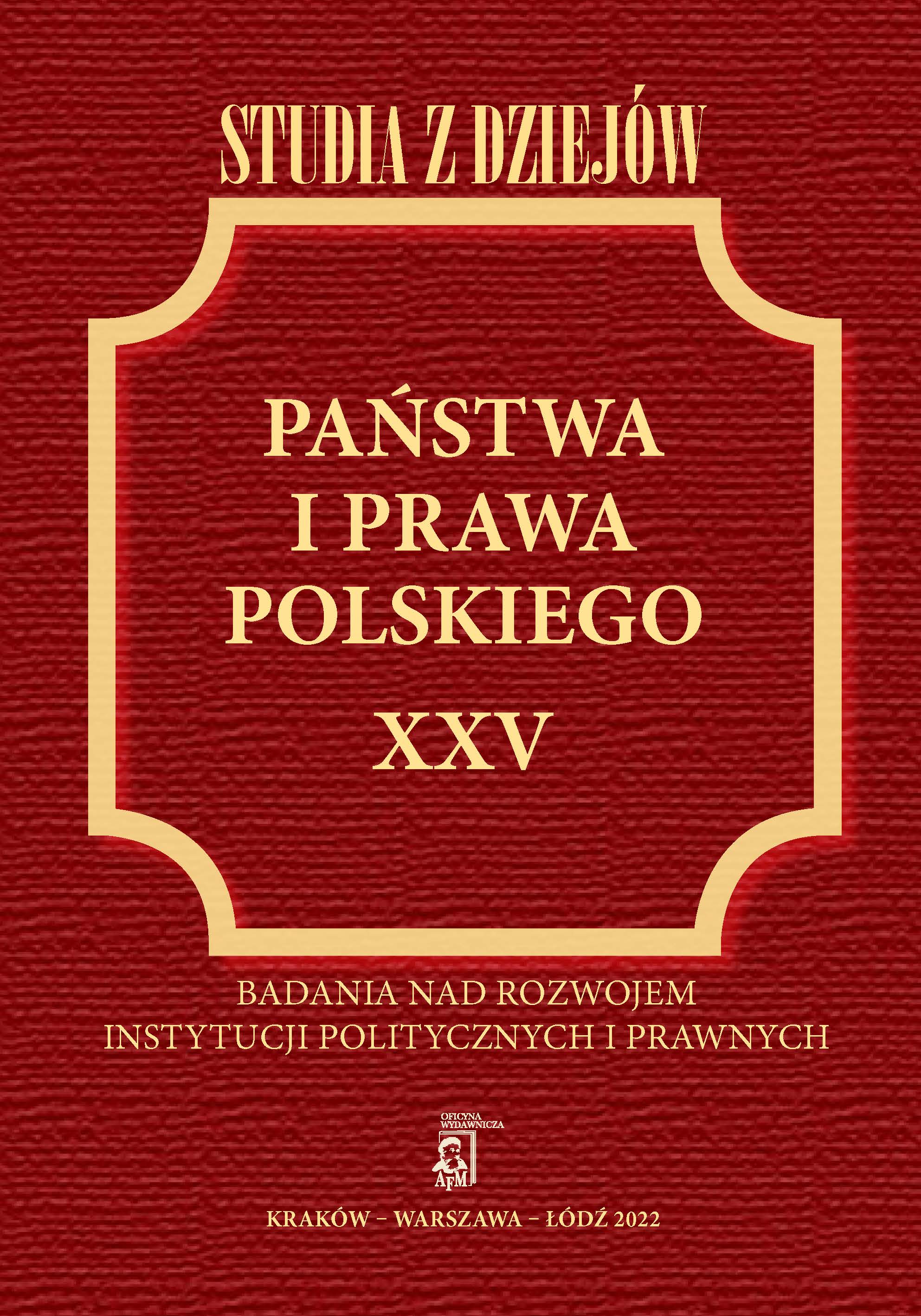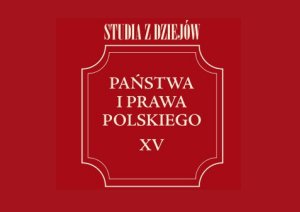
Stosowanie norm francuskiego Kodeksu handlowego w Księstwie Warszawskim, konstytucyjnym Królestwie Polskim i Rzeczypospolitej Krakowskiej w świetle aktów notarialnych
The French Code de commerce was adopted in the Polish territories in 1809 and remained formally binding for over 120 years. It was nonetheless transferred from post-revolutionary France into a feudal reality, where no commercial code had been in place before, without the necessary preparatory works, implementation of the legislation accompanyingthe Code de commerce or even an offi cial translation. Moreover, legal scholars paid scarceattention to it in the first decades. Taken together, all these factors aff ected its application. Being a contribution to the complex study of the issue, the present publication examinesselected notarial deeds documenting individual commercial transactions to show how the process of practical implementation of the norms of French Commercial Code developed in the Polish territories.
More...
